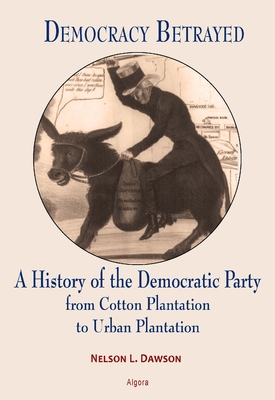Introduction: We Are All Cleons Now
Chapter One: The Glorious Cause or a Kind of Revolution? 1776-1783
Chapter Two: If You Can Keep It: The Making of the Constitution, 1783-1789
Chapter Three: Party Games: The 1790s Chapter Four: Utopia in Power, 1800-1815
Chapter Four: Utopia In Power, 1800â1815 51Â
Chapter Five: A Lucid Interval, 1815-1828
Chapter Six: King Andrew and the People, 1828-1837
Chapter Seven: Adrift: From Jackson to Polk, 1837-1844
Chapter Eight: War, Arsenic, and Compromise, 1844-1850
Chapter Nine: House Dividing, 1850-1860
Chapter Ten: House Divided, 1860-1865
Chapter Eleven: Massive Resistance: Reconstruction, 1865-1877
Chapter Twelve: Ongoing Follies: To the Urban Plantation














